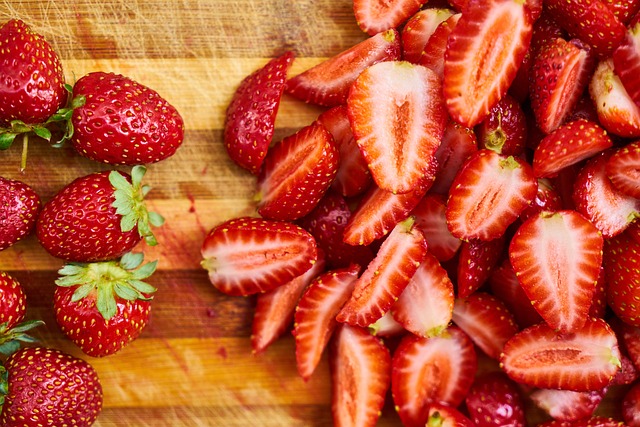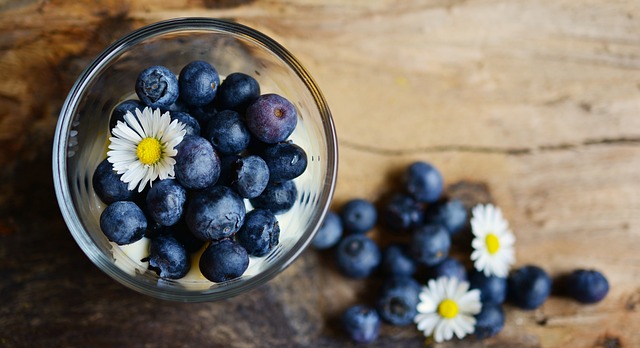From Colds to Allergies: How Probiotics Can Prevent Common Illnesses
Probiotics are live microorganisms that are good for your health, especially your digestive system. They are often referred to as “friendly bacteria” or “good bacteria”. You can find probiotics in supplements and some foods, like yogurt and fermented foods.
Probiotics for Cold Prevention
One of the most common illnesses that people experience is the common cold. It often causes a sore throat, runny nose, cough, and congestion. Studies have shown that taking probiotics regularly can help prevent colds and reduce their duration and severity.
In one study, researchers found that children who took daily probiotics were 53% less likely to get upper respiratory tract infections, including colds. Another study found that taking a probiotic supplement for at least 8 weeks reduced the duration of cold symptoms by an average of 1.6 days.
Probiotics for Allergy Prevention
Allergies can also be a common issue for many people. Symptoms can range from mild itching and sneezing to severe reactions that can be life-threatening. Probiotics can help regulate the immune system, which can prevent allergic reactions.
In a study conducted on infants, researchers found that those who were given a probiotic supplement had a reduced risk of developing eczema, which is a common allergy-related skin condition. Another study found that taking a probiotic supplement during allergy season reduced symptoms like nasal congestion and itching.
Probiotics for Digestive Health
One of the most well-known benefits of probiotics is their ability to improve digestive health. Probiotics can help regulate the balance of bacteria in your gut, which can reduce digestive issues like constipation, diarrhea, and bloating.
Probiotics can also be helpful for people with specific digestive conditions. For example, studies have shown that taking probiotics can improve symptoms for people with irritable bowel syndrome (IBS) and inflammatory bowel disease (IBD).
Probiotic Foods
If you’re interested in incorporating probiotics into your diet, there are many foods that are rich in these beneficial microorganisms. Some of the best probiotic foods include:
- Yogurt
- Kefir
- Sauerkraut
- Kombucha
- Kimchi
When choosing probiotic foods, it’s important to read labels and look for products that contain live, active cultures. Some products are heat-treated, which can kill off the beneficial bacteria.
Probiotic Supplements
If you’re not a fan of probiotic foods, supplements can be a convenient way to get your daily dose of probiotics. There are many different probiotic supplements available, so it’s important to choose a high-quality brand that has been tested for potency and purity.
When choosing a probiotic supplement, it’s also important to consider the strain or strains of bacteria included in the product. Different strains have different health benefits, so it’s a good idea to do some research before making a purchase.
Conclusion
From colds to allergies to digestive issues, probiotics can offer a wide range of health benefits. Whether you choose to get your probiotics from food or supplements, incorporating these beneficial microorganisms into your daily routine can help improve your overall health and well-being.







